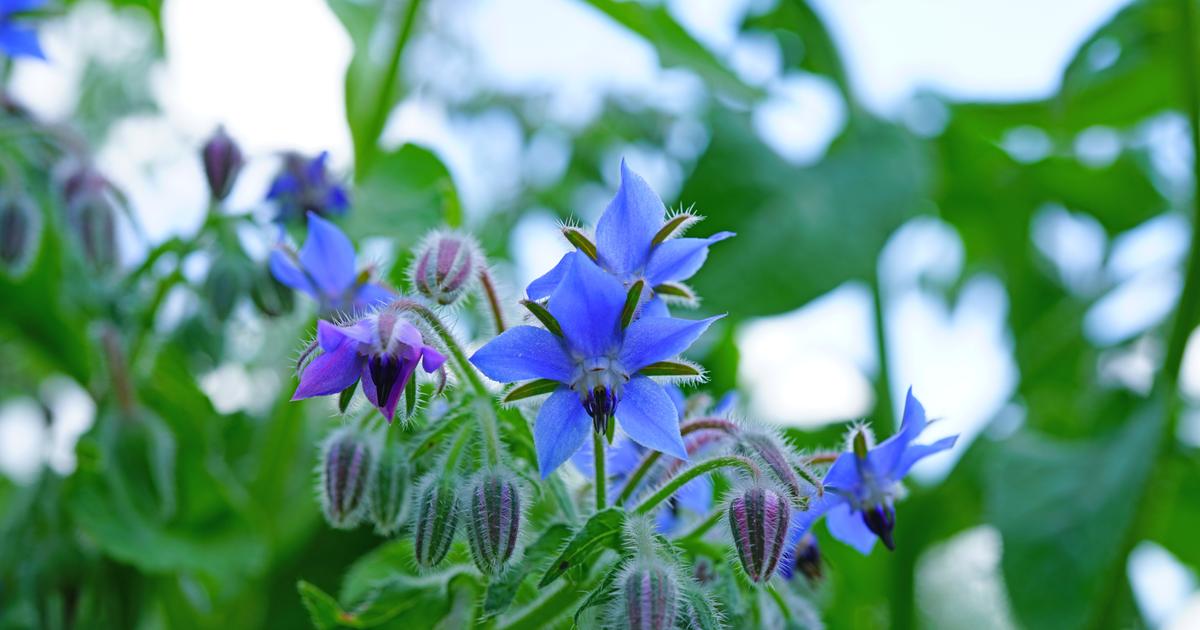Plants introduced by humans now make up the majority of plants growing in the wild in Britain, where more than half of endemic species are in decline, according to a 20-year study published on Wednesday March 8.
The change in land use, in particular "
the intensification of arable farming
", represents the main explanation for this change, according to "
Plant Atlas 2020
", a study carried out by the Botanical Society of Great Britain and d Ireland (BSBI).
“Significant decline of several plants”
This is the most comprehensive research on flora ever carried out in Britain.
Volunteers have made over 26 million surveys of 3,445 different species.
Among them, 1,692 are endemic plants and 1,753 were deliberately or accidentally introduced into the wild by humans, according to the study.
“
This discovery shows that there are now more plants introduced into the wild in Britain than endemic plants.
Many spread after being planted in gardens
.”
A comparison with similar studies carried out in the 1950s shows that 53% of endemic species have declined.
On the contrary, 58% of introduced species have increased.
The intensification of arable farming has led to "
a significant decline of several plants
", according to the study.
The drainage of wetlands has had a significant impact.
Species growing near rivers and canals have also declined, mainly due to nutrients from agricultural runoff.
“
Comparatively, the presence of plants in the woods changed little
,” the study notes.
Species that used to be found in the south of the country have spread further north.
A phenomenon that researchers link to global warming.
"
The message is clear
", for the authors of the study: "
our endemic flora has greatly decreased compared to the situation recorded by our predecessors in the 1950s
".
"
There needs to be a comprehensive plan of action to reverse this decline, so that our flora can be restored for the benefit of current and future generations
," they wrote.

